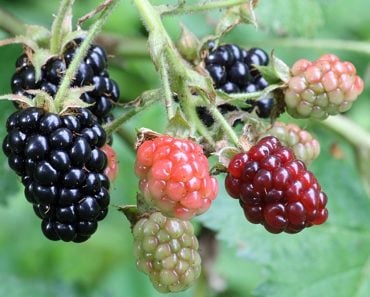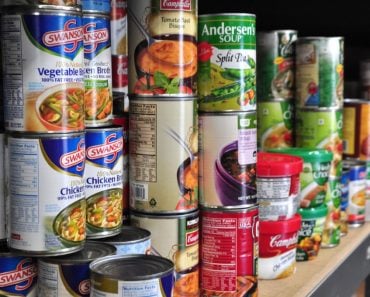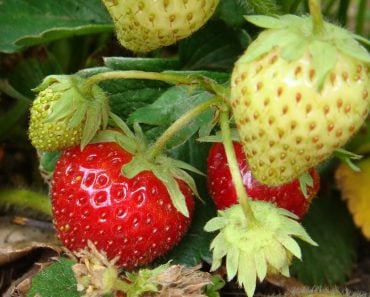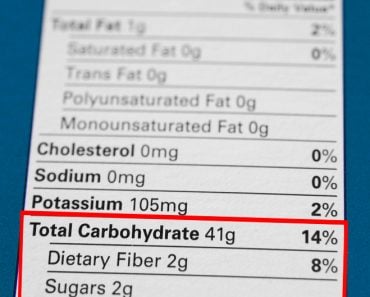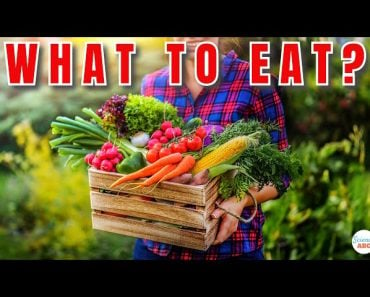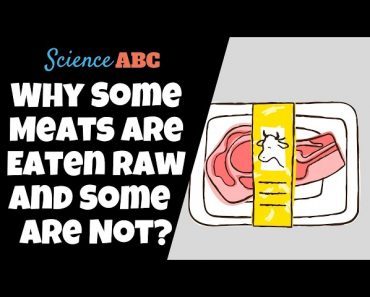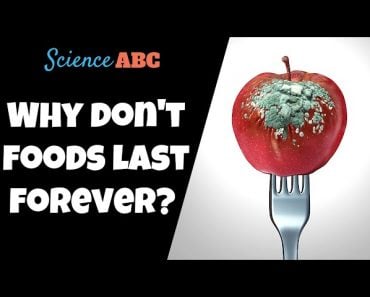Table of Contents (click to expand)
Cooking does indeed change the nutrient composition of food. However, this does not mean that it is always a bad thing. Some methods of cooking can actually make nutrients more accessible or easier to digest. It is important to consider the type of food, the ripeness, the temperature the food is exposed to, and what method of cooking is used when determining how cooking will affect the nutrient composition.
In this age of healthy eating, making the right nutritional choices is at the forefront of many minds, but people around the world also have very different ways of acquiring their calories. In Western countries, many foods are frozen, pre-packaged, or highly processed. Other parts of the world eat more fresh food, but may be lacking some key nutritional components. Shaping an ideal diet for health and wellness lies at the core of the 700 billion dollar global health food industry, so there are many differing opinions on the right design for your meals.
 In the course of a single day, you probably eat a range of hot, cold, pre-cooked, artificial, fresh and raw foods, which begs a very important question: does cooking your food in certain ways change the nutritional value?
In the course of a single day, you probably eat a range of hot, cold, pre-cooked, artificial, fresh and raw foods, which begs a very important question: does cooking your food in certain ways change the nutritional value?
Recommended Video for you:
General Effects Of Cooking On Food
When you expose your food to different cooking methods, it will change the nutritional makeup of the food, but this isn’t always a bad thing. Some methods of cooking will decrease the vitamin or mineral content, while others may make other nutrients more accessible, or easier to digest. When it comes to human evolution, anthropologists often point to our discovery of fire and subsequent ability to cook food as a turning point in humans becoming, well… us!
 So, while it is easy to say that cooking different meats and vegetables will impact the nutritional value, there are many more variables that need to be considered, such as the type of food, the ripeness, the temperature the food is exposed to and what method of cooking is used (i.e., frying, boiling, baking etc.). Understanding the effects of different cooking styles on certain types of popular vegetables will allow you to customize your diet and cooking patterns to achieve your nutritional goals!
So, while it is easy to say that cooking different meats and vegetables will impact the nutritional value, there are many more variables that need to be considered, such as the type of food, the ripeness, the temperature the food is exposed to and what method of cooking is used (i.e., frying, boiling, baking etc.). Understanding the effects of different cooking styles on certain types of popular vegetables will allow you to customize your diet and cooking patterns to achieve your nutritional goals!
Nutritional Effects Of Cooking On Vegetables
When it comes to cooking vegetables, we want our meals to taste delicious, but we also want to retain the nutritional value. Remember, vegetables are some of the richest sources of vitamins, minerals and antioxidants in our diet, so ensuring that those nutrients aren’t compromised is the primary goal.
There is little debate that boiling vegetables has the most negative effect on the nutritional value; not only do minerals and vitamins leach out into the water, but the sustained and all-encompassing heat will cause significant damage to antioxidants and reduce their free radical-scavenging ability. Microwaving is another popular and rapid option, and doesn’t do much harm for vegetables like onions, spinach, garlic and artichokes.
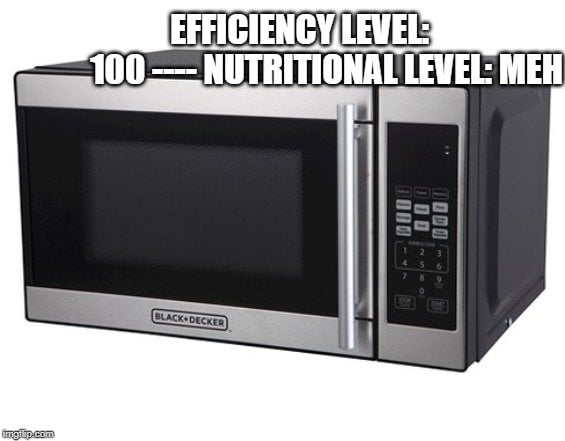 Frying your vegetables isn’t a terrible option, although it can reduce some antioxidant levels, using high-quality olive oil can help to reduce the loss of B vitamins and improves the body’s ability to absorb plant compounds. It is known to lower vitamin C levels, but is certainly better than deep-frying vegetables, as it greatly increases the intake of oils and fats, and compromises the nutritional value with extreme heat.
Frying your vegetables isn’t a terrible option, although it can reduce some antioxidant levels, using high-quality olive oil can help to reduce the loss of B vitamins and improves the body’s ability to absorb plant compounds. It is known to lower vitamin C levels, but is certainly better than deep-frying vegetables, as it greatly increases the intake of oils and fats, and compromises the nutritional value with extreme heat.
Some of the most hardy vegetables for cooking include artichokes, spinach, green beans, garlic, onions and beets, while others, if possible, should be cooked for a minimal amount of time, at low heat, and not with water. The best alternative, when it comes to some vegetables, is to eat them raw! Fresh vegetables have excellent nutritional value, and while some compounds like lycopene are more available when vegetables are cooked, you can never go wrong with a fresh pepper straight from the garden in your salad.
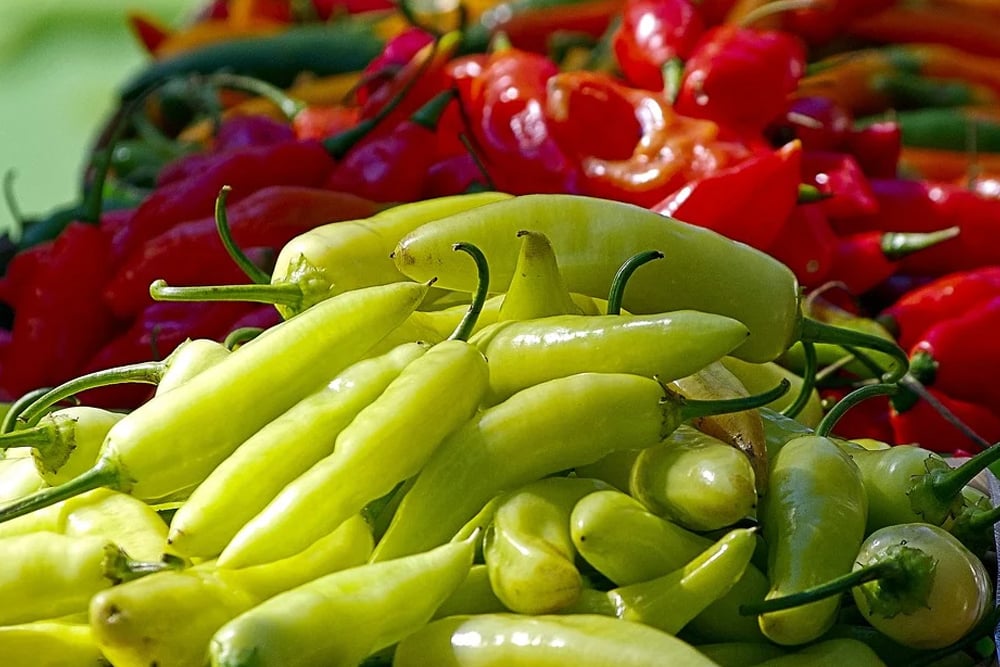
Nutritional Effects Of Cooking On Meat
While vegetables are considered a primary source of antioxidants, meat is more known for its protein, fat and vitamin contributions to the human diet. When you cook meat, the biggest loss of nutrients that you will experience is in the B family of vitamins, with most cooking methods eliminating between 20-50% of those, including B1, B3, B5, B6 and folate, as well as vitamin K, vitamin E, and vitamin B12, in small amounts.
Roasting and broiling are considered the best ways to cook meat, as this exposes less surface area to the heat, and thus prevents excess vitamin loss. The good news about cooking meat is that there is very little protein loss, according to recent research. In slightly worse news, the meat will also retain all of its cholesterol content, but the saturated fats may be removed or eliminated in the drippings.
 While the proteins may be altered in their form, it still appears that they are accessible to our system; in fact, cooking meat may make those proteins easier to consume, which explains some of the digestive evolution of early humans after the discovery of fire.
While the proteins may be altered in their form, it still appears that they are accessible to our system; in fact, cooking meat may make those proteins easier to consume, which explains some of the digestive evolution of early humans after the discovery of fire.
The healthiest way to consume “cooked” meat, unexpectedly enough, is in the form of dehydration or drying. Eating jerky and other forms of dehydrated meat will provide the most nutrient density by weight, with the least amount of nutritional loss. The worst ways to cook meat is in the form of stews, as this exposes most of the meat’s surface area to heat and water, allowing the majority of useful vitamins to be leached out of the food.
A Final Word
Since going on a strictly raw diet might not sound appetizing to some people, there are wiser ways to cook your food that will help you retain more of the nutrients, and nudge you into different ways to prepare your meals! These small adjustments are a good way to tweak your diet once it is well established and comfortable for you. Before you begin debating the pros and cons of different cooking methods, you must stick to a healthy and balanced diet that will provide the foundation for your wellness.
References (click to expand)
- Are You Cooking the Nutrients Out of Your Foods? - Thorne. thorne.com
- How Cooking Affects the Nutrient Content of Foods - Healthline. Healthline Media, Inc.
- Cooking meat: what happens to the nutrients?. choose-healthy-food.com
- (1949) Cooking losses, tenderness, palatability, and thiamine and .... cabdirect.org
- Jiménez-Monreal, A. M., García-Diz, L., Martínez-Tomé, M., Mariscal, M., & Murcia, M. A. (2009, April). Influence of Cooking Methods on Antioxidant Activity of Vegetables. Journal of Food Science. Wiley.


